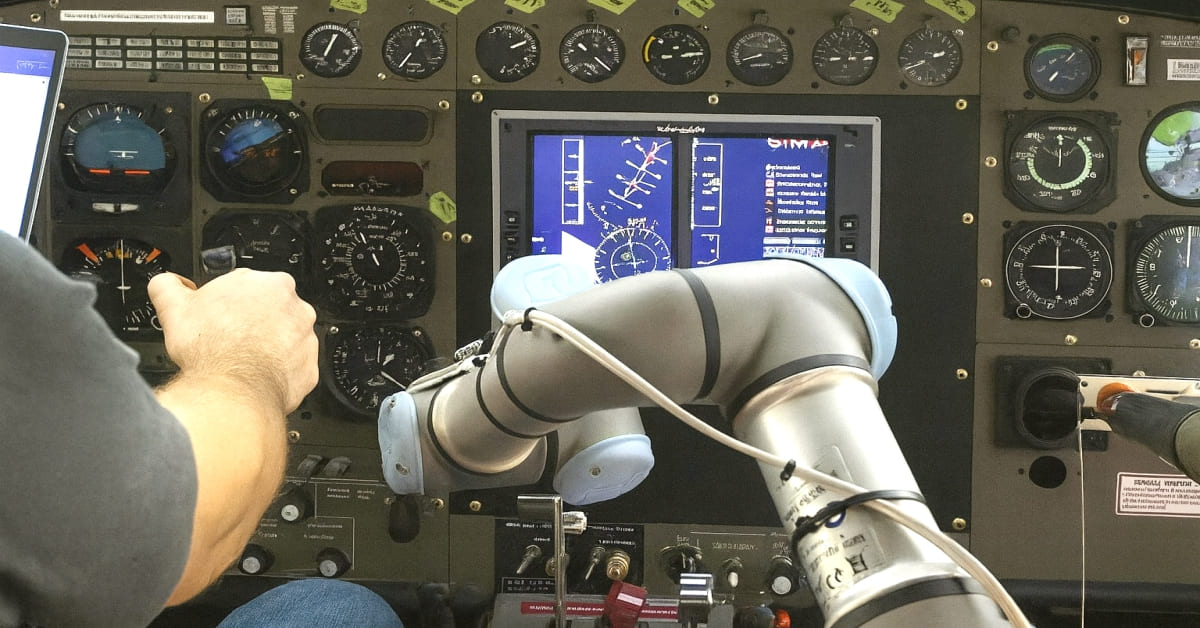Will automation reduce the demand for certain aviation jobs?
Posted on : 28 October, 2025 11:03 am
The aviation industry has always been a leader in adopting cutting-edge technology. From autopilot systems to biometric check-ins, automation has transformed how airlines and airports function. But as artificial intelligence (AI), robotics, and digital systems grow more advanced, a pressing question emerges: Will automation reduce the demand for certain aviation jobs, or simply change the nature of work in the industry?
The Growing Role of Automation in Aviation
Automation is no longer limited to cockpit instruments—it is reshaping the entire aviation ecosystem. Today’s innovations include:
-
Self-service check-in kiosks and biometric boarding gates for passengers.
-
AI-driven predictive maintenance that identifies potential technical failures.
-
Automated baggage handling systems for faster and more accurate luggage processing.
-
Satellite-based navigation and AI traffic management systems for safer skies.
These technologies enhance efficiency and safety but also raise concerns about job displacement.
Impact on Pilots: Evolution, Not Elimination
One of the most debated questions is whether automation will replace pilots. While modern aircraft can operate with minimal manual input, human expertise remains vital. Pilots are responsible for decision-making during emergencies, adverse weather, or technical malfunctions—situations where automation has limits.
Instead of reducing demand, automation is shifting the pilot’s role from manual control to system monitoring, data interpretation, and strategic decision-making. Airlines will still need skilled pilots, but with enhanced training in technology management and analytical skills.
Ground Operations and Maintenance Jobs
Ground operations are already experiencing high levels of automation. Self-service bag drops, robotic luggage transport, and biometric immigration checks reduce the need for manual staff. Similarly, AI-powered tools are transforming aircraft maintenance. Systems now predict part failures and schedule maintenance before issues occur, reducing reliance on routine manual inspections.
While traditional roles may decline, new opportunities are emerging in data analysis, AI system management, and advanced engineering. This signals not job loss, but job transformation.
Air Traffic Control: Humans and Machines Together
Air traffic control (ATC) is critical to aviation safety, and automation is making it smarter. AI-based systems can optimize flight paths, manage traffic congestion, and minimize delays. However, the complexity of ATC means that human oversight will remain indispensable. Controllers will increasingly act as supervisors of automated systems rather than solely manual operators, ensuring a balance of safety and efficiency.
The Rise of New Aviation Careers
As some roles become less labor-intensive, entirely new careers are being created. The aviation sector is already seeking professionals in:
-
Cybersecurity (to protect digital aviation systems).
-
Data science and AI integration (to manage predictive analytics).
-
Digital passenger experience design (to enhance customer service with automation).
-
Robotics and smart infrastructure management at airports.
Automation is therefore not reducing opportunities—it is reshaping them for a more technology-driven future.
Conclusion: Redefining, Not Replacing Aviation Jobs
Automation in aviation is less about job cuts and more about role evolution. While repetitive and manual tasks may decline, critical areas requiring judgment, problem-solving, and human interaction will always need skilled professionals. The future workforce will need to adapt, embracing tech-savvy skills alongside traditional aviation expertise.
Ultimately, automation will not eliminate aviation jobs—it will redefine them, creating a smarter, safer, and more efficient industry where humans and technology work hand in hand.

